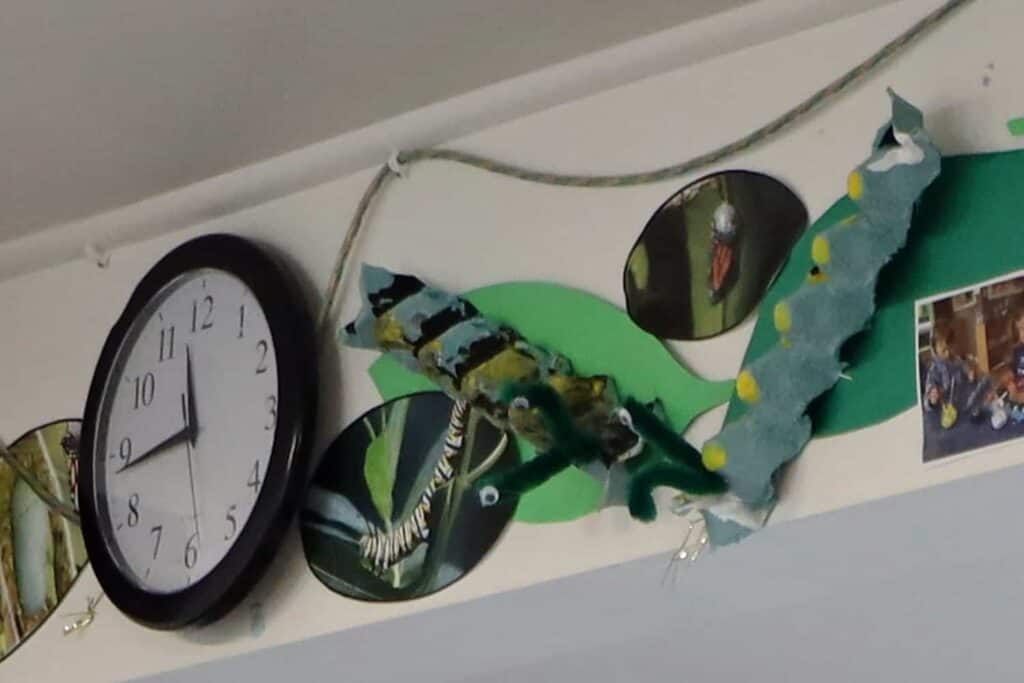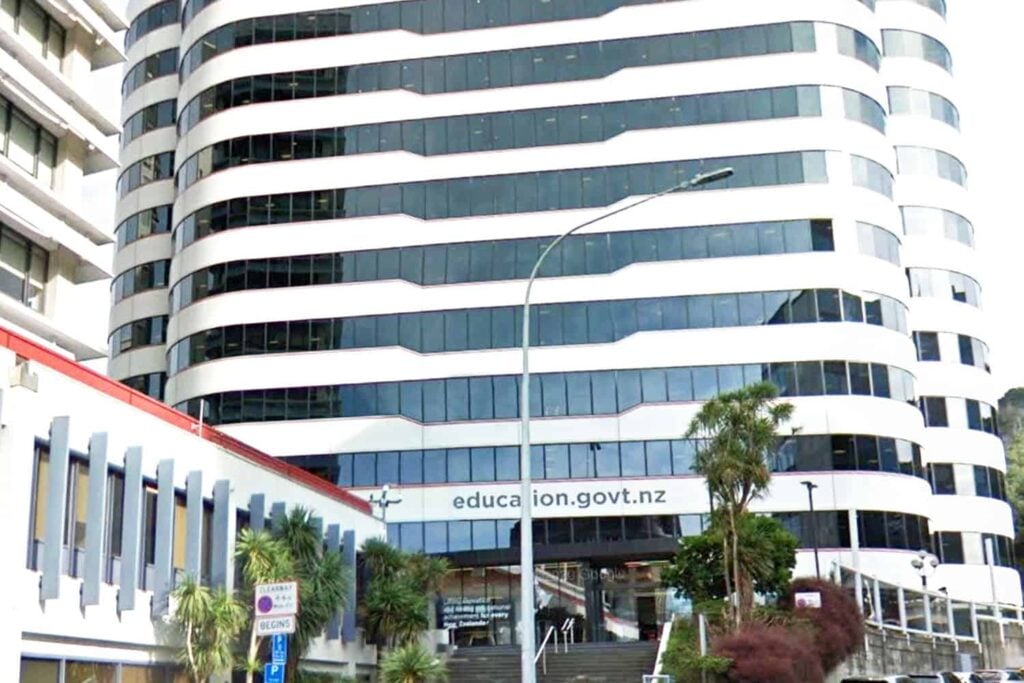Teaching Council Fees.
May 14, 2020.
The Wellbeing Budget 2020 sets out that “teachers will now pay an annual amount of approximately $157.00” for a practising certificate.
There is to be no concession or discount for teachers not covered by the unified pay scale – the majority of teachers in ECE are not covered by the unified pay scale. Most teachers in ECE are not enabled by the government to be paid on the same pay scale as school teachers, and do not receive the same level of funding as kindergartens (should your service wish to be funded on the kindergarten funding table, click here to learn more).
A $100 fee will be payable on top of the $157.00 should a teacher be late in lodging their annual application for renewal. Renewal will need to be done every year.
Should a teacher’s certificate be “subject to confirmation” the fee is $257 for one year.
Should a teacher be going from “provisional” to “full” the fee is $257 for one year.
This new fee charging regime will start from February next year.
A practising certificate is a requirement for teachers in secondary and primary schools. It is a requirement for the ‘person responsible’ in early childhood centres and for coordinators/ visiting teachers in home-based ECE.
So if it is a requirement for schools and ECE services – why is the cost put onto teachers personally to bear?
The announcement in the Wellbeing Budget 2020 is a further blow for many ECE teachers who are already financially exploited. It is not good for teacher well-being.
Pay rates for ECE service provider attestation set by the Ministry of Education for qualified and certificated teachers in non-kindergarten ECE centres are just $21.87 and $22.51 an hour. Both rates will increase only marginally to $23.97 an hour in July 2020.
A teacher who is not a new graduate, teachers who may have higher degrees, teachers who may have years of experience and teachers who may be room managers or centre leaders – may still be paid on the starter salary because the Ministry of Education is concerned only that the starter salary is paid to them.
Pay parity is denied to all qualified and certificated teachers in ECE. Pay parity means the same pay scale – find out more by going to the page “wages and pay scales“.
How did the Change in Teaching Council Fees Come About?
In 2016 Education Minister Hekia Parata said she wanted the Education Council to become a self-sufficient business operation and instructed it to increase the fees it charged teachers and find other sources of revenue. While it was suggested that teacher registration fees would be increased from $220.80 to $510.00 this did not go ahead.
After restructuring and renaming the NZ Teachers’ Council Ms Parata has announced that the Government is giving ECANZ $21.3 million of taxpayer money on top of the $3.43 million already given to enable it to complete the transition process.
A condition attached to this cash injection is that ECANZ work towards financial self-sufficiency.
“The Education Council will be required to provide quarterly updates to the Minister on its financial position and progress, while the Ministry of Education will commission an independent review of the Council’s financial progress in a year’s time. The Minister will appoint a person with corporate finance expertise to the Education Council to help support its pathway to financial sustainability” Ms Parata said.
Sources of other revenue, in addition to that raised by increasing fees to teachers, could come for example from commercial businesses, private childcare companies, marketing companies, etc.
A new Labour-led Government came into power in October 2017. Chris Hipkins replaced Ms Parata as Minister of Education. In Sept 2018 he changed the name of the Education Council to the ‘Teaching Council’ – at an estimated cost of $220,000 for the name change.
Unless teachers are able to successfully challenge this in the courts or using other means, fee increases are now most likely to go ahead. This is because Minister Hipkins supports Ms Parata’s view that the Teaching Council should be financially self-sufficient, and the Teaching Council is running out of money with no new injection of funding from the government.
Employers note that:
Where employers are making payment of Teaching Council fees on behalf of an individual teacher or a group of teachers, separate payment in full for the applicable fees for each individual teacher is required at the time of application.
Teachers note that:
The Teaching Council has no facility for teachers to pay fees by instalments in arrears as it is a legal requirement that all applicable fees are paid in full prior to a Practising Certificate being issued. Neither does the Teaching Council have the facility to support the pre-payment of fees by instalment in advance.









